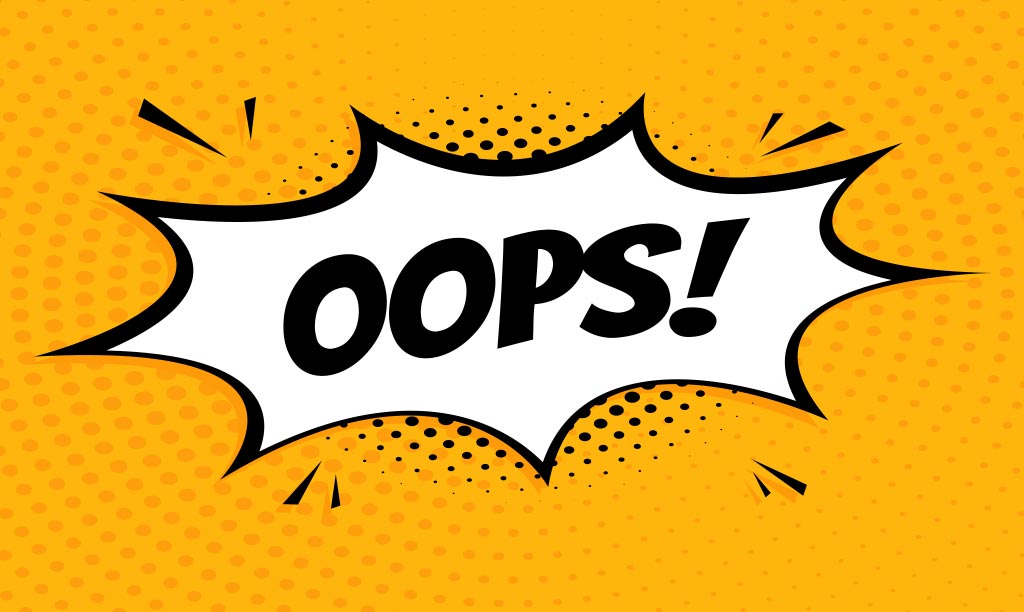We are all familiar with the saying a little knowledge can be a dangerous thing. When clients get their little bit of VAT knowledge from the media or articles purporting to be technical guides it’s easy to realise why we come across so many wild interpretations of the VAT rules. Unfortunately, the noble aim of “keeping it simple”, especially for VAT, leads to the problem of inaccuracy and whilst it may make the subject easier to understand, it also means that taxpayers and non-specialists will be inclined to believe that it is more straight forward than it is for certain scenarios. One thing, however, is certain - unpicking the errors when a too simplistic version of VAT rules has been applied is almost always more costly and damaging than having worked through the complications in the beginning.
Here’s an example of what we are talking about. This article says “if you are paying for goods or services from a business that is not VAT registered, you will need to add VAT to the bill”. Hopefully anyone reading the article reads a bit further on, where at least they suggest also reclaiming the VAT, essentially describing the reverse charge procedure. Ironically, given that the reverse charge procedure applies to services received from overseas, there is a line in the article which suggests that you might not have to pay VAT when you buy goods and services from another EU country. So, whereas taxpayers reading this article might completely miss the requirement to account for and reclaim VAT (as per their normal VAT reclaim status) for certain services received from overseas, they may seek to incorrectly apply the procedure to the invoices of the gardener, trading below the VAT registration threshold!
The very same article links to another article setting out the pros and cons of VAT registration stating categorically that one of the pro’s is “If you’re VAT-registered you’re able to reclaim VAT on all goods and services you buy”. If only that were the case, there would be some very significant VAT reclaims for various charities operating significant exempt activities. At least this article does end by suggesting that you talk to a professional (financial advisor)!
Here’s an example of an article which appears to trigger reader outrage but on the basis of what can be, and regularly is, perfectly legitimate business circumstances. The article puts heavy focus on the fact that more VAT was claimed than paid over in a six-year period. Whilst it may not be the case for the majority of businesses, there are very legitimate reasons why this could be the case. For example, businesses requiring significant pre-trading capital investment that are perhaps reliant on of construction of a premises to operate (think new theme park) or years of research and development to produce the product which the business will sell. The problem here is that if taxpayers incorrectly assume that it is ‘wrong’ to claim more VAT than is paid over, legitimate businesses will avoid registering for VAT early on the incorrect assumption that they can’t claim VAT until they start receiving the business income at which point it is too late.
"As VAT advisors we must simplify the subject to the most digestible form for the client we are advising"
VAT consultants are sometimes accused of making simple things complicated, even by our non VAT colleagues. But it is worth trusting the VAT consultants when they send you paragraphs to define a word. For example the word “dwelling” - in the dictionary “a house, flat, or other place of residence”, for VAT and zero rated construction purposes - a four condition test You can see why this could reasonably lead people to assume that their granny annex will be zero rated since it will be used as a “residence” unless we set out the four conditions to meet. We recently came across an energy supplier requesting confirmation that a charity it intended to supply was a “100% charity” and could provide their charity registration number for the purposes of applying the 5% VAT rate. The company may well have been given the legislative condition to meet - “use by a charity otherwise than in the course or furtherance of business” taking this to mean that as long as the charity using it was a registered charity, the use would qualify. It’s not an unreasonable assumption. The problem is it’s wrong and the only way to ensure misinterpretations can be avoided is to provide a more detailed explanation of what “business” means in this context.
As VAT advisors we must simplify the subject to the most digestible form for the client we are advising, but it’s also important not to allow clients to read their own definitions into words a phrases that mean something more specific for VAT purposes. Sometimes that means clearly explaining why something, which an article boils down to a simple list - like the pros and cons of VAT registration, whilst correctly applicable to some businesses cannot be and is not as straight forward for others.
If you would like to explore how you and your clients could benefit from using The VAT Team’s specialist white labelled VAT support, please contact us.


























